PCA vs DWT for Image Fusion: A Comparative Analysis
Problem Definition
Problem Description: In the automotive industry, stamping defects such as splits can occur during the manufacturing process, leading to quality issues and potential safety hazards. Detecting these splits accurately and efficiently is crucial for ensuring the quality of the final product. Traditional image fusion techniques may not provide optimal results in terms of noise reduction and feature retention. Therefore, there is a need to compare and analyze the effectiveness of Principal Component Analysis (PCA) and Discrete Wavelet Transform (DWT) for image fusion in stamping split detection. By conducting a comparative analysis of these two techniques, we can determine which method is more suitable for enhancing image quality, reducing noise levels, and improving split detection accuracy in automotive stamping processes.
Proposed Work
The proposed work titled "Comparative Analysis of Principal Component Analysis (PCA) & DWT for Image Fusion" aims to explore and compare the effectiveness of PCA and DWT techniques for image fusion. Image fusion plays a crucial role in combining information from multiple images to create a more informative and visually appealing final image. In this research, an integrated PCA based image fusion system is developed and tested for stamping split detection in an automotive press line. The system utilizes PCA to transform the original images into their eigen space, retaining key features and reducing noise levels. Pixel-level image fusion algorithms are then applied to fuse images from thermal and visible channels, enhancing the final image quality while reducing undesirable noise.
Additionally, an automatic split detection algorithm is designed and implemented for online objective automotive stamping split detection. The modules used in this study include Relay Driver using ULN-20, Seven Segment Display, Rain/Water Sensor, and MATLAB GUI. This research falls under the categories of Image Processing & Computer Vision, M.Tech | PhD Thesis Research Work, and MATLAB Based Projects, specifically focusing on Image Fusion in MATLAB Projects Software.
Application Area for Industry
The project on "Comparative Analysis of Principal Component Analysis (PCA) & DWT for Image Fusion" can be applied in various industrial sectors, particularly in the automotive industry. Stamping defects such as splits can occur during the manufacturing process, leading to quality issues and safety hazards. By detecting these splits accurately and efficiently using image fusion techniques, the quality of the final automotive products can be ensured. The proposed solutions of utilizing PCA and DWT for image fusion can help in enhancing image quality, reducing noise levels, and improving split detection accuracy in automotive stamping processes.
Specific challenges that industries face, such as maintaining high quality standards in the manufacturing process and detecting defects effectively, can be addressed by implementing the solutions offered by this project.
By utilizing PCA and DWT techniques for image fusion, the final image quality can be enhanced, noise levels can be reduced, and split detection accuracy can be improved. These solutions can be applied within different industrial domains to streamline manufacturing processes, ensure product quality, and ultimately improve overall efficiency and safety in the automotive industry.
Application Area for Academics
The proposed project on the "Comparative Analysis of Principal Component Analysis (PCA) & DWT for Image Fusion" holds significant relevance for MTech and PhD students conducting research in the fields of Image Processing & Computer Vision. The project addresses a critical issue in the automotive industry concerning stamping defects, specifically splits, and aims to enhance the detection accuracy using advanced image fusion techniques. MTech and PhD students can leverage this project for innovative research methods by comparing the effectiveness of PCA and DWT for image fusion in stamping split detection. By analyzing the outcomes of these techniques, students can enhance their research methodologies, simulations, and data analysis for their dissertation, thesis, or research papers. The potential applications of this project extend to developing efficient image fusion systems for various industrial applications beyond automotive stamping processes.
Researchers can use the code and literature from this project to advance their knowledge and capabilities in the domain of Image Processing & Computer Vision, ultimately contributing to the development of state-of-the-art technologies in this field. The future scope of this project includes exploring other advanced image fusion algorithms and integrating machine learning techniques to further improve split detection accuracy and overall quality in manufacturing processes.
Keywords
image fusion, stamping defects, automotive industry, splits detection, quality issues, safety hazards, noise reduction, feature retention, Principal Component Analysis, PCA, Discrete Wavelet Transform, DWT, comparative analysis, image quality, noise levels, split detection accuracy, automotive stamping processes, thermal imaging, visible channels, eigen space, pixel-level fusion algorithms, automatic split detection, Relay Driver, Seven Segment Display, Rain/Water Sensor, MATLAB GUI, M.Tech thesis, PhD thesis, Image Processing, Computer Vision, MATLAB Based Projects Software.
| Shipping Cost |
|
No reviews found!






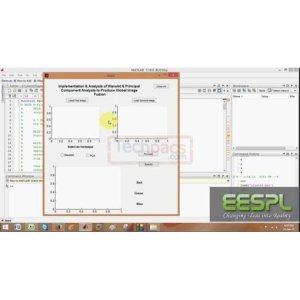
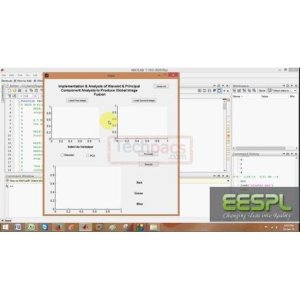




















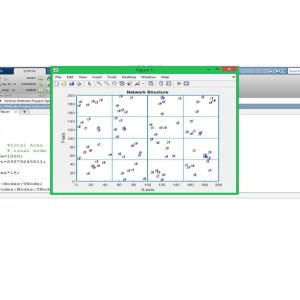
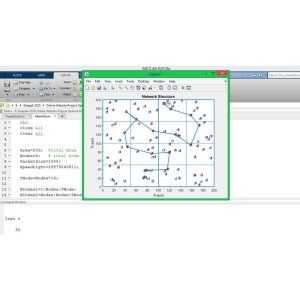
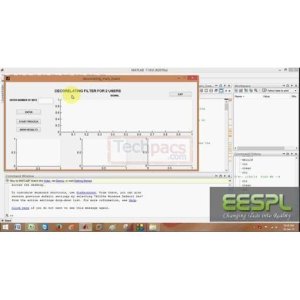
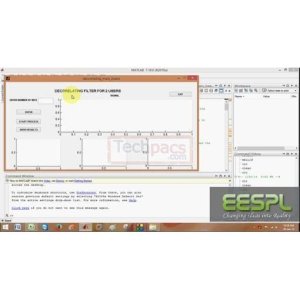
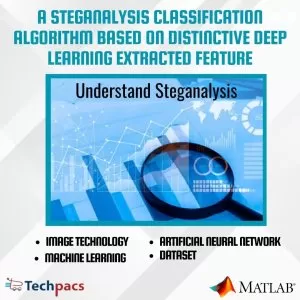
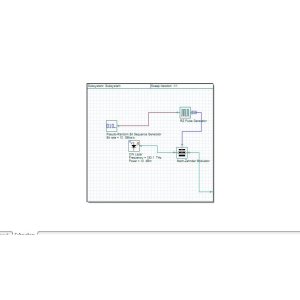
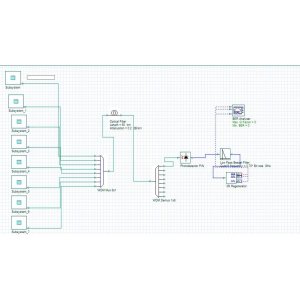































No comments found for this product. Be the first to comment!